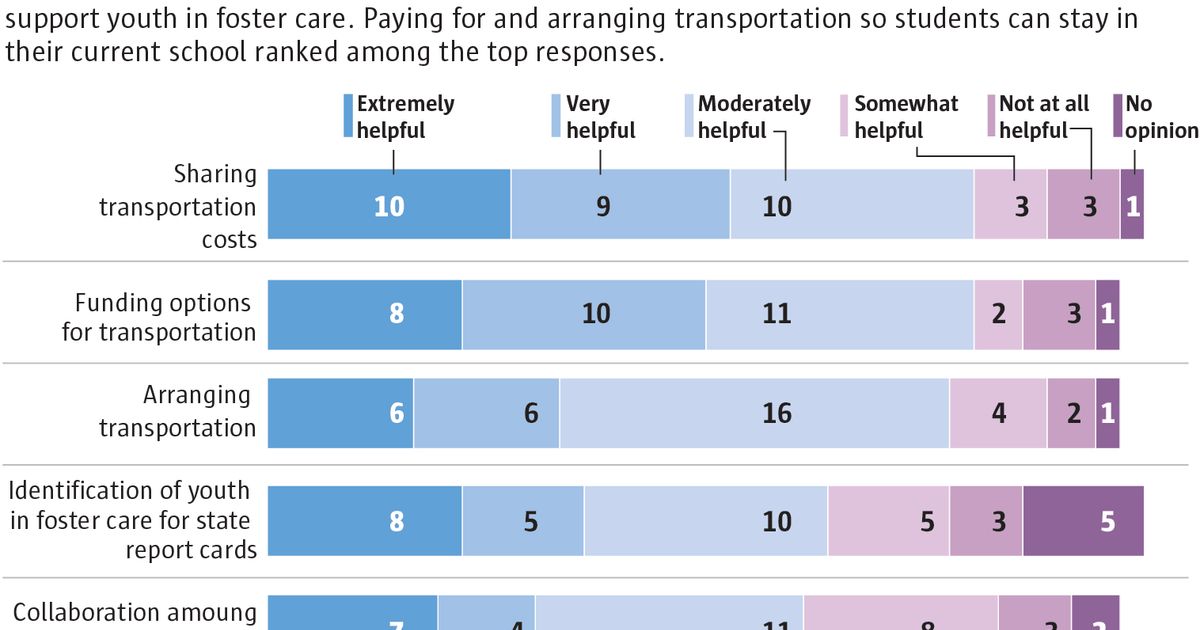Utah may be a bellwether showing how far states can go in customizing Medicaid.
Starting Jan. 1, the state will require the eight companies that manage pharmacy benefits under Medicaid to use the same preferred prescription drug list, instead of eight individual lists.
The administration’s proposal, the third food-stamp rule change since December, would reduce spending by $4.5 billion over five years and cut benefits for one in five families.
Disadvantaged and minority children show as much academic growth as much as advantaged kids in other schools, according to a new study from Ohio State
Their average incomes were also 25% higher than peers who didn’t receive four or more years of this intervention.
In a national survey, 30 of 50 states struggled to help school districts figure out how to pay for the added costs of transportation for children in foster care. A dozen reported it was “very or extremely challenging.”
California Governor Gavin Newsom signed a law that prohibits landlords from rejecting low-income tenants who use housing vouchers and assistance programs to pay their rent. It protects Section 8 applicants.
Mental illness, substance abuse and physical disabilities are much more pervasive in L.A. County’s homeless population than previously reported, a Times analysis finds. The L.A. Homeless Services Authority narrowly interpreted its data, producing much lower numbers.
Jailing people and extending probation for failing to pay costs, fines, and restitution has, according to the ACLU “turned Pennsylvania’s jails into a form of modern debtors’ prisons.”








